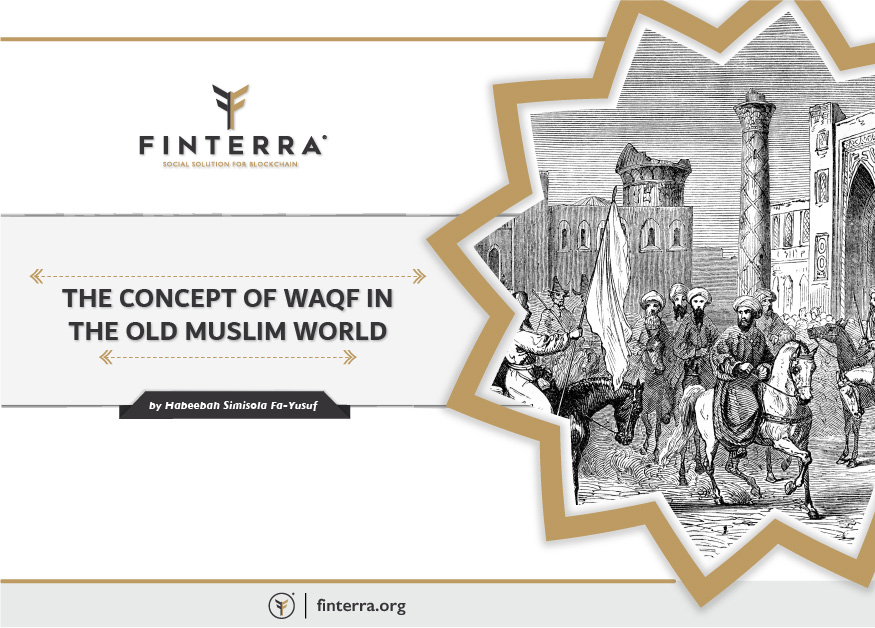Islamic Finance News (IFN) defines waqf as an endowment or charitable trust involving the tying up of property in perpetuity so that it cannot be sold, inherited or donated to anyone. The use of waqf property should be shariah-compliant. Waqf can be used to provide services (e.g. schools, hospitals and mosques), infrastructure (e.g. roads, bridges and railway) as well as social services (e.g. orphanages, old peoples’ homes and shelters for the homeless). Waqf (plural: awqaf) is one of the Islamic social finance instruments which, if properly implemented,can alleviate poverty in the Muslim world. This article points out some examples of awqaf during the period of early Islam.
Waqf is not a modern concept. It can be traced to the early period of Islam. The first waqf was in the form a mosque, which was built by the holy Prophet (SAW) after his hijrah (migration) from Mecca to Madinah. This mosque, known as Masjid Quba’, was completed by the companions of Rasulu Llah (SAW) and was renovated by a number of Khalifa (successors of the holy Prophet). Today, Masjid Quba’ is the second largest mosque in the city of Madinah after the Prophet’s mosque.
Another waqf established during the time of the Prophet (SAW) were the seven orchards given by one of the companions, Mukhairiq (RA). Mukhairiq (RA) left his estate to endow a waqf.
One of the first awqaf traceable to the early Islamic period was in the purchase of he famous well of Madinah (Bi’r Romah). This acquisition occurred after Uthman (RA) offered to purchase the well for the purpose of quenching the public’s thirst.
There are many other examples of awqaf during the early Islamic period. One of such was in Asma’ bint Abu Bakr donating her house as a waqf.
In the light of the discussion so far, it is pertinent to note that
Finterra is trying to modernize the traditional way of doing waqf. One way of doing this is facilitating waqf administration through blockchain technology. Advantages of blockchain technology include traceability, improved security, transparency and immutability (information stored cannot be altered).



